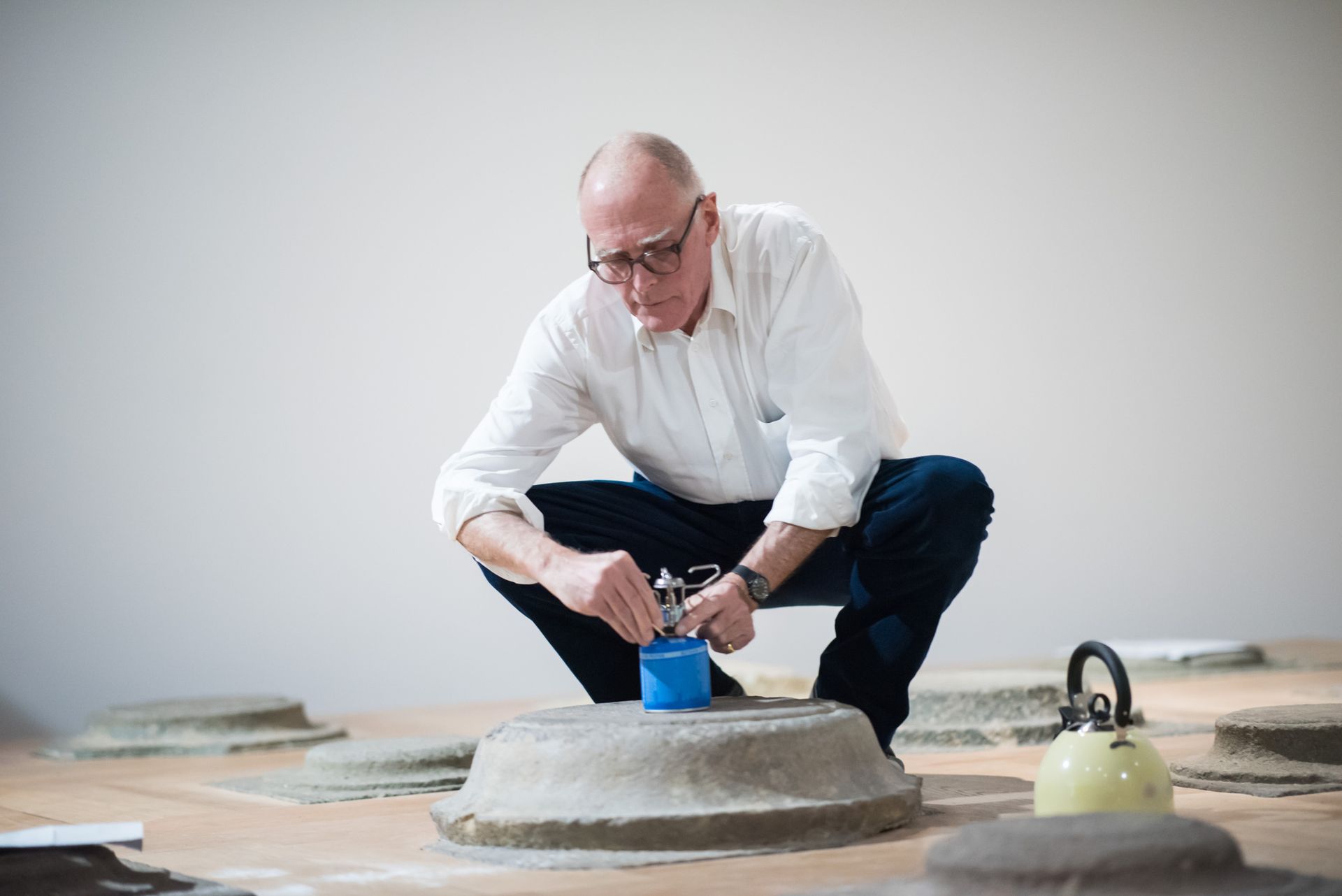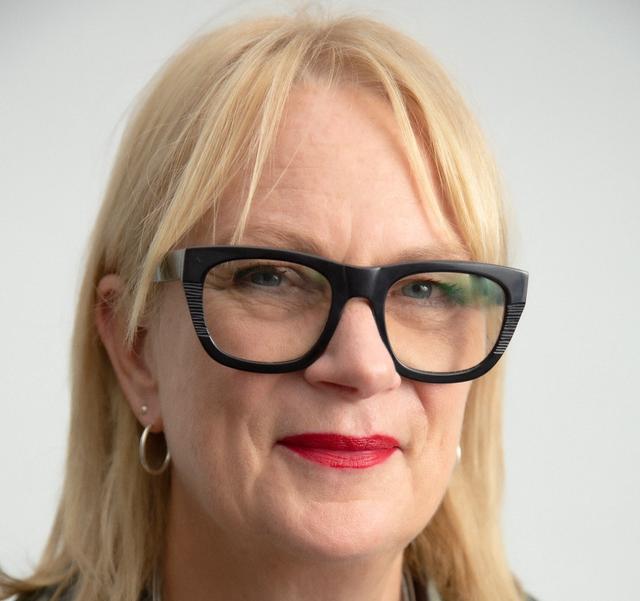Thumbs up to Lisson Gallery and Art Review for organising the first concerted response by the London art world to the challenges and anxieties of the current climate, ramped up by the twin spectres of Brexit and Trump. This took the form of an evening of rapid-fire talks, screenings and performances titled In Defence of the Demos, which was delivered to a packed audience at the gallery by an invited line-up of artists, writers, curators and activists last Thursday (8 December).
The evening got off to a spirited start when the first speaker, the Art Review’s online editor JJ Charlesworth, opened proceedings with the provocative revelation that he “might be possibly the only person in the art world who supported Leave”. Amidst joking boos from his co-host—the head of content at Lisson, Ossian Ward—along with some not quite so jocular rumbles from the audience, JJ elaborated that, “of course [he] supported the ‘good Leave’, not the ‘bad Leave’… the Leave that was all about democracy and sovereignty and determining your own future in the face of a bureaucratic elite that doesn't listen to what the people actually want.” Charlesworth then niftily—and probably prudently—veered away from the Stay-Leave debate by declaring that, post-referendum, “the scorn and the contempt around the idea of democracy itself… was as much of a problem as the situation going forward”.
For the time being, that was the last of the Stay-Leave Brexit bickers. And there was more of a spirit of consensus around the evening’s other multifarious manifestations, which covered topics of borders, identity and the people’s role in politics. These all took place on and around Fondation (2015), an extensive installation by Ai WeiWei. The work is a giant platform made from stone foundations and the bases of pillars taken from ancient Chinese halls, which the artist intended to be a public place of assembly and discussion. Although he wasn’t there in person, the artist was watched the Lisson discussions from New York as they were streamed live online.

Ai and the audience certainly had a lot to digest, including footage underlining the plight of refugees from the documentary film director Professor Sue Clayton; a stirring indictment of an increasingly post-truth media from John Sauven, the executive director of Greenpeace; and a performance by the artist Richard Wentworth, which involved covering (or perhaps smothering?) each of the column bases with tiles and pieces of carpet. Michaela Crimmin, from the non-profit agency Culture and Conflict, called on curators to “listen to artists” and put shows on that connected more widely. The activist group Keep it Complex, drummed up donations to help them use “humour and other artistic methods to add cultural complexity to binary political debates”, while the artist Oliver Chanarin even got out a guitar belted out some Woody Guthrie.
The evening may not have changed the world, but it was a start. And it ended, in time-honoured activist-tradition, with everyone adjourning to the pub where, I am sure, among the many topics under discussion was the distinction between a “good Leave” and a “bad Leave”…


